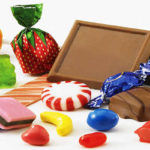Products from milk

If you have just had stomach or surrounding area surgery, then you should know that milk products are on the banned list. If you eat milk products such as cheese, you increase the risk of constipation that can cause tension in the incision, moreover if you have a cough when drinking milk, it will make the phlegm thicker, more cough and incisions will be affected longer when you cough.
Sweets
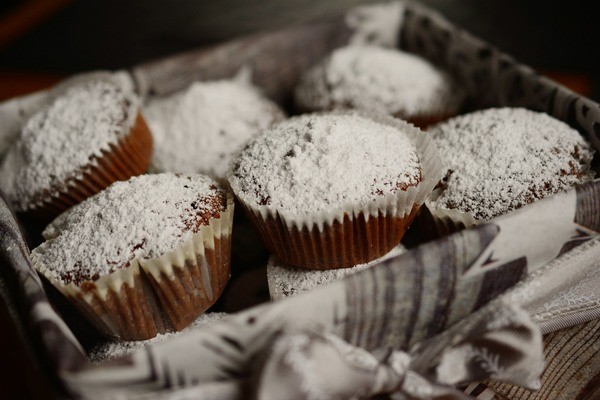
Just like milk products, sweet foods like cakes and candies are also off the menu. Although they may look delicious, they can cause constipation, increase pain and tension in your wound. Moreover, they provide very little nutritional value.
Dried fruits
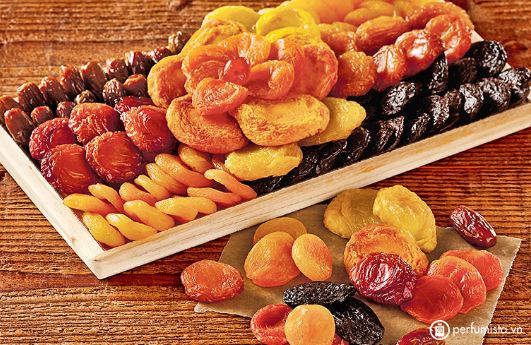
Except for cherries which have surprising benefits, dried fruits should be removed from your post-surgery recovery menu. When you’re feeling sore and uncomfortable, dried fruits can add to that discomfort. Too much can cause digestive issues, weight gain can be inconvenient when you’re walking, as well as complications with asthma.
Alcohol

When you have surgery, you often have scars. However, to give your skin the best chance to heal, do not celebrate your successful surgery with a glass of Champagne. Instead, avoid alcohol as it can hinder the healing process of the skin. Additionally, alcohol affects the absorption of nutrients and reduces cell maintenance.
Caffeine products
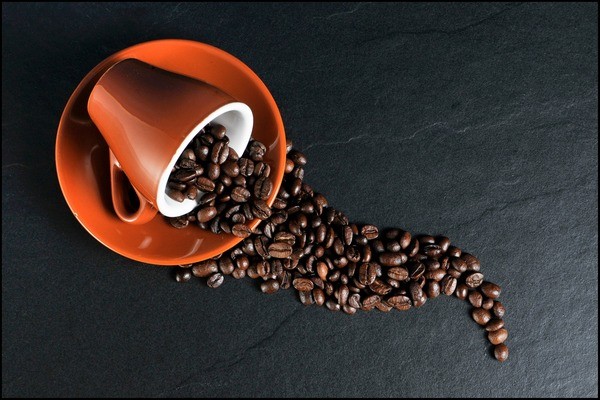
Even though caffeine is an antioxidant with a range of benefits, it is less useful after surgery. When you consume a lot of caffeine, your body cannot absorb the nutrients you need to recover quickly. As a result, your wound may take longer to heal. Instead of coffee, you should choose water.
Spicy foods
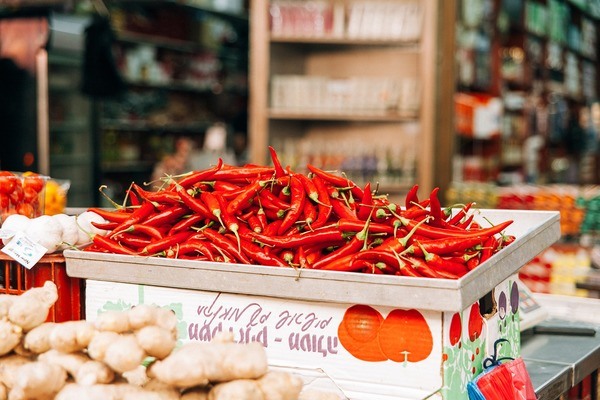
After the bland and tasteless hospital food, you may crave a spicy stir-fry or famous mom’s curry. However, you may have to wait a little longer – especially after stomach surgery. Any surgery related to your stomach, intestines, or bladder should avoid spicy foods that can cause stimulation, bloating, and other issues.
Fatty foods
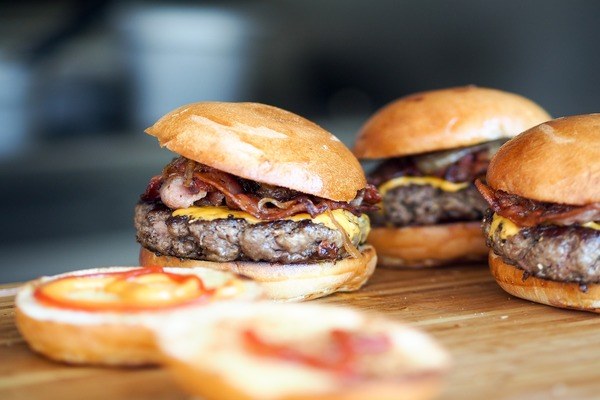
Stomach surgery may mean you’re on a diet of porridge, soup, and not much else. With all that boring food, it’s no wonder you dream of french fries and French-style sandwiches. High-fat foods can cause pain, diarrhea, and bloating.
Red meat
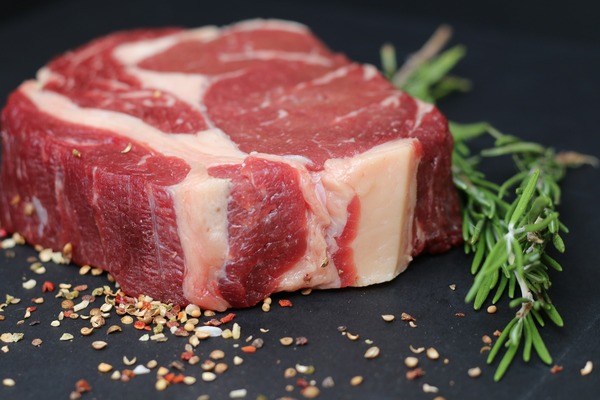
Depending on your surgery, red meat should be avoided for several weeks – if not months. If you have stomach surgery, the waiting time may be even longer. Although it’s tempting to have a juicy steak, your health is more important. Meat fiber can cause all stomach and constipation issues – increasing the pain and discomfort you already have.
Refined grains
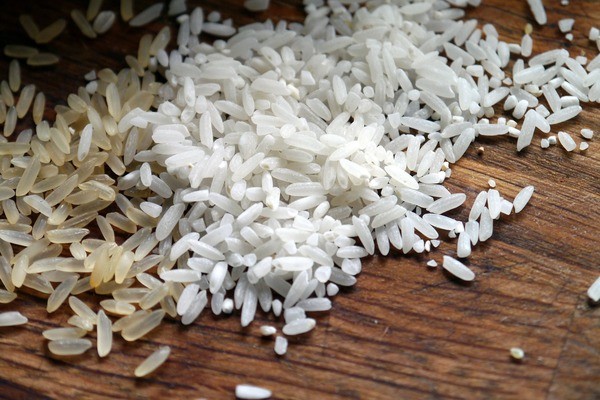
After surgery, you need all the nutrients you can get, but you need to be smart with your choices. If you are allowed to eat whole grains, add them to your diet instead of refined grains. Refined grains can satisfy your hunger, but they don’t add much nutritional value. And after surgery, you need more nutrients for the recovery process.
Energy drinks and Soda
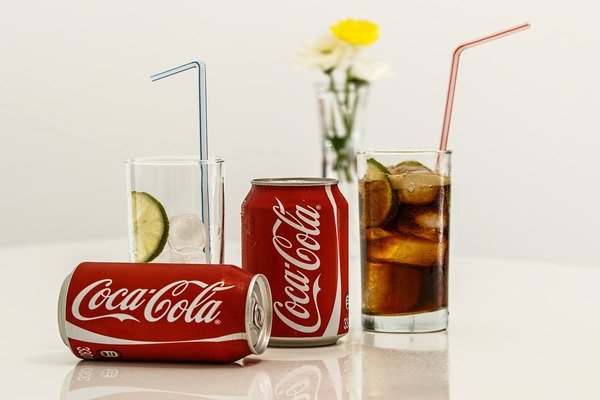
When thirsty, you often drink soda or energy drinks because they taste better than plain water. However, after surgery, you may need to make some changes. You should drink enough plain water, if you don’t drink enough water, your body will suffer the consequences.
Canned foods
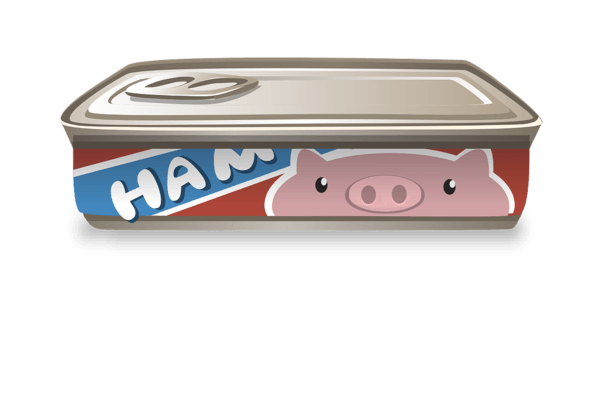
You may notice that a lot of the hospital meals are “green” foods like broccoli, lettuce, and fresh fruits. Fresh fruits and vegetables are important for your recovery, but processed foods like canned goods are not. Processed foods are packed with chemicals, preservatives, and can have a range of harmful side effects.
Canned soup
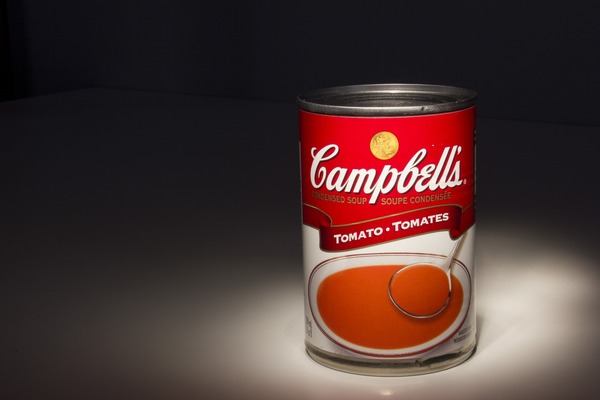
As a general rule, canned soup is filled with more sodium than nutritional value. Additionally, when you combine high salt concentration with the medications you are taking, there is a higher risk of increased blood sodium levels. If you crave soup, make yourself a bowl of fresh and nutritious soup.
Strong spices
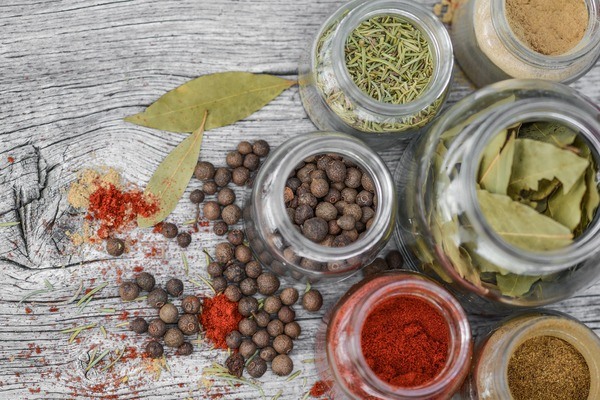
The bland hospital food may make you yearn for the thought of chicken covered in oregano, herbs and spices, and tasty ethnic dishes. Unfortunately, strong spices can stimulate your stomach causing diarrhea and discomfort. At least for the first few weeks, avoid anything too flavorful – especially after stomach surgery.






























